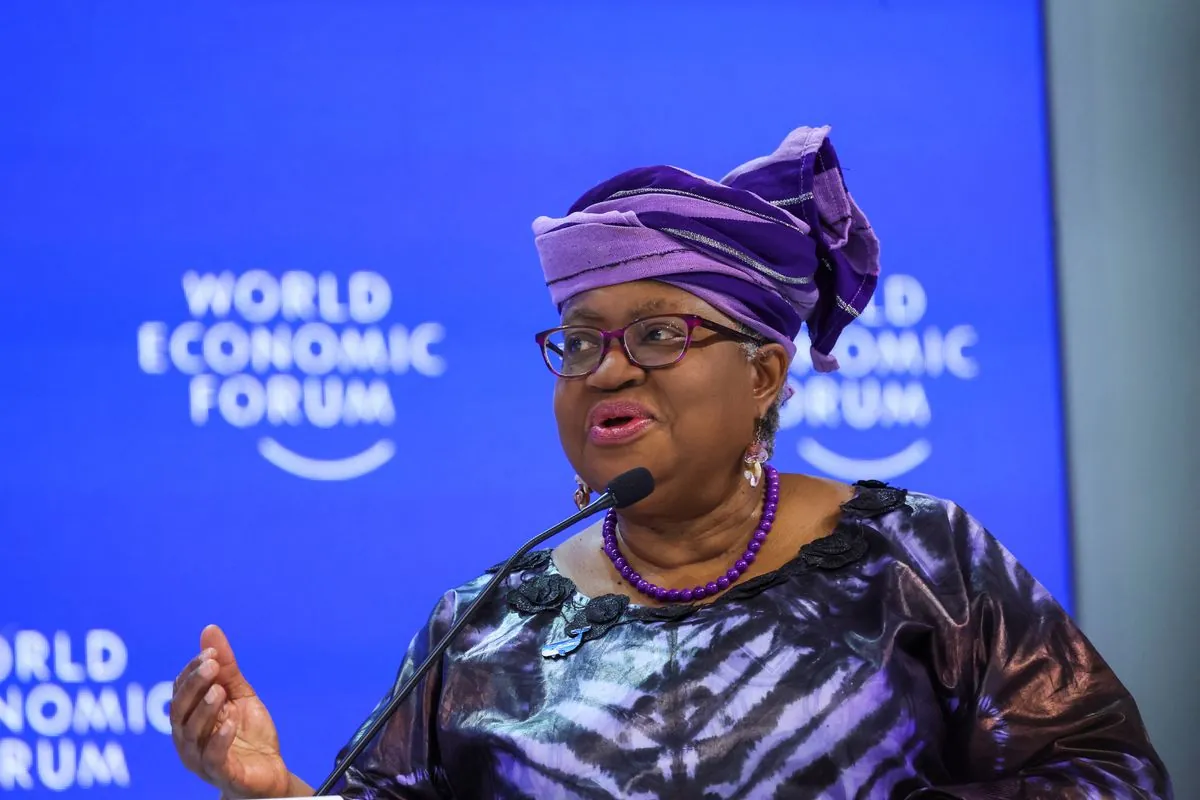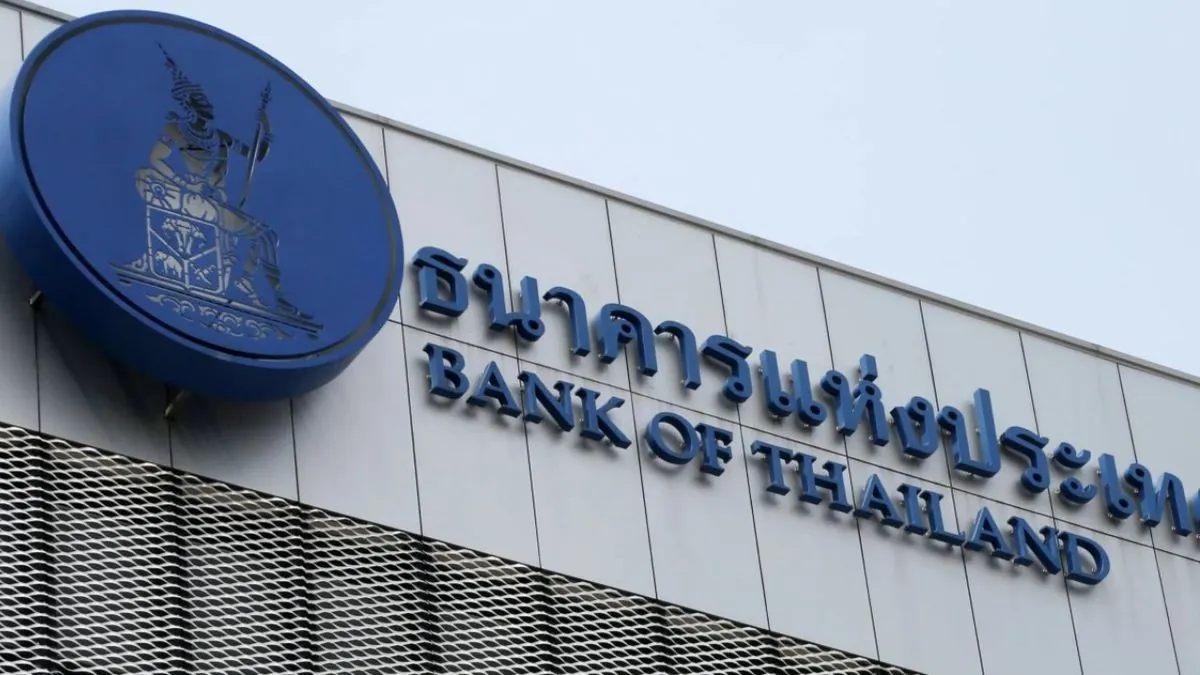Thai Government Eyes Central Bank Critic for BOT Chair Amid Rate Dispute
Thai government plans to nominate former finance minister Kittiratt Na Ranong as Bank of Thailand chair, sparking tension over monetary policy. The move comes as the government seeks rate cuts to boost the struggling economy.

The Thai government is poised to nominate Kittiratt Na Ranong, a 66-year-old former deputy premier and finance minister, as the new chair of the Bank of Thailand (BOT). This move, reported by sources with direct knowledge, signals a potential shift in the relationship between the government and the central bank amid ongoing disagreements over monetary policy.
Kittiratt Na Ranong, who served as finance minister from 2012 to 2014, has a history of clashing with central bank leadership over economic policies. His nomination comes at a time when the Pheu Thai Party-led government is eager to stimulate Thailand's struggling economy, which grew by a mere 1.9% in 2023.
The Bank of Thailand, established in 1942, has maintained a firm stance on interest rates despite government pressure. In September 2023, shortly after the Pheu Thai Party returned to power, the BOT raised its benchmark rate to a decade-high of 2.50%, where it has remained despite calls for easing.

Thailand's economy, the second-largest in Southeast Asia, faces significant challenges. The country's export-dependent economic model has been tested by global economic fluctuations. As a major rice exporter and regional automotive manufacturing hub, Thailand's economic performance has far-reaching implications for the region.
The selection of the BOT chair involves a complex process. A seven-member panel, independent of the central bank, will choose from three nominated candidates in the coming weeks. The final decision must be approved by the finance minister, cabinet, and the king.
While the BOT chair cannot directly influence interest rate policy, they play a crucial role in selecting the monetary policy committee and will have some influence on choosing the next BOT governor when the current term ends in September 2025.
The tension between the government and the central bank reflects a broader debate about economic management in Thailand. The country has implemented various economic development plans since the 1960s and has weathered significant challenges, including the 1997 financial crisis known as the "Tom Yum Goong crisis."
"The central bank should cut interest rates to increase liquidity."
This statement, made on September 11, 2024, underscores the government's frustration with the BOT's monetary policy. However, the central bank maintains that its policy settings are at neutral levels and that structural issues, rather than interest rates, are the primary cause of below-potential growth.
As Thailand navigates these economic challenges, the appointment of the new BOT chair could have significant implications for the country's monetary policy and overall economic direction. The decision, expected by mid-October 2024, will be closely watched by both domestic and international observers.


































